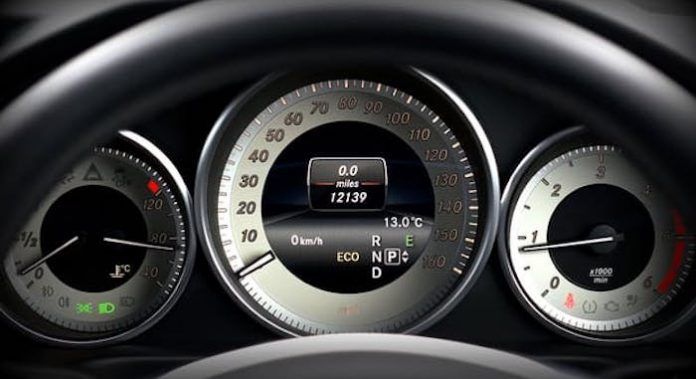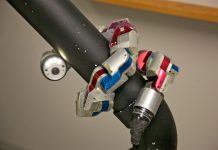Qualcomm CEO Steve Mollenkopf recently attending the Frankfurt Auto Show and said that the future of the automotive industry will be the most innovative.
The Frankfurt Auto Show in Germany saw the attendance of Qualcomm CEO, Steve Mollenkopf who was enthusiastic about the future of automobile innovation.
According to Mollenkopf, the future of innovation will be shifting from smartphones to cars in the next decade. An area in which Qualcomm obviously hopes to play a part in.
Qualcomm is commonly known as the world’s largest manufacturer of smartphone chips. Its chips allow mobile phones to connect to cellular networks and is used in Apple’s latest iPhones as well as the Samsung Galaxy 8. Yet Mollenkopf’s enthusiasm at the latest German Auto Show may mark a huge shift, not only in the company’s focus but also in the area technical innovation might focus on in the next few years.
This is only fuelled by the fact that Mollenkopf himself chose to attend the Auto Show, rather than the launch of Apple’s new iPhone X, as well as the two companies, Qualcomm and Apple currently being involved in a huge licensing dispute.
The cars of the future will need advanced processors both in the engine as well as in-vehicle to meet the demands of the future. IDC, a market research company has estimated that the automotive industry will be a hugely lucrative area for semiconductor supplies in the future. Where profits are estimated at $50.1 billion in 2021. Which is a 52% increase from 2016.
According to Mollenkopf, Qualcomm will focus on three areas in automotive innovation: Connectivity, computing, and electrification. Qualcomm can build a processor to connect a car, to others as well to the world around it. This can improve the experience of drivers and passengers as well as pave the way for new technologies like electric and autonomous cars.
German Chancellor, Angela Merkel was also present at the Auto Show. Mollenkopf confirmed to her that the automotive industry will be the most innovative in the decade to come.
It is understandable that Qualcomm would be a good partner for the cars of the future, as many technologies found in smartphones will also be implemented in cars. The main focus of this being 5G, the next phase of mobile connectivity.
Mollenkopf emphasized that cars of the future will rely on special features and a network connectivity to maximize safety and transportation efficiency. Smartphones are expected to implement 5G as early as 2019, and according to Mollenkopf, vehicles would not be far behind.
To date, the automotive industry hasn’t always been enthusiastic in implementing technology into its models.
Qualcomm, however, is setting itself up to become instrumental in the field of automotive innovation. Last year they launched a bid to buy NXP Semiconductors, the leaders in autochips, for $39 billion. This deal has since run into several EU regulatory obstacles, but Mollenkopf expects it to close by the end of this year.
While Mollenkopf anticipates the future in the automotive industry, smartphones are still innovating and perfecting, as demonstrated by last week’s reveal of the latest Apple iPhone X. Despite licensing disputes, Apple still maintains that they use Qualcomm processors in all their latest devices.
The big focus for smartphones over the next few years will be Gigabit LTE and 5G. Other devices such as smartwatches and headsets will also get added smartphone-like abilities. Mollenkopf particularly noted that the most innovation in terms of a smartphone will go towards its cameras. Recently Qualcomm signed a contract with a Taiwanese company to introduce 3D cameras to Android devices. This would enable similar technology found in the iPhone X’s FaceID. Smartphone companies would also expand to areas such as augmented reality, security, as well as hardware that does low power machine learning.
Despite this Qualcomm is still preparing to resolve its licensing dispute with Apple in court, although Mollenkopf is hoping for a settlement out of court.


















